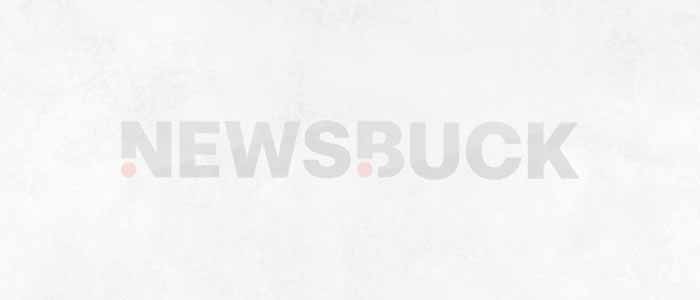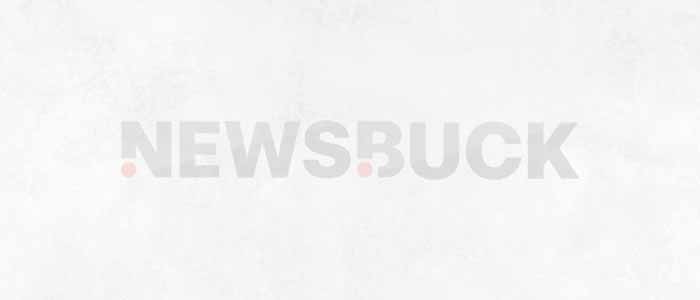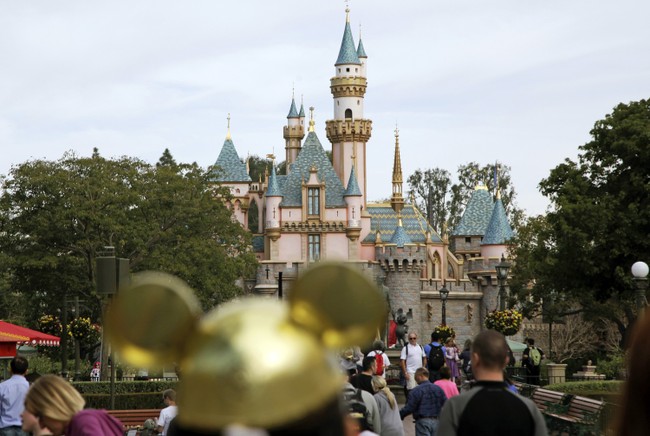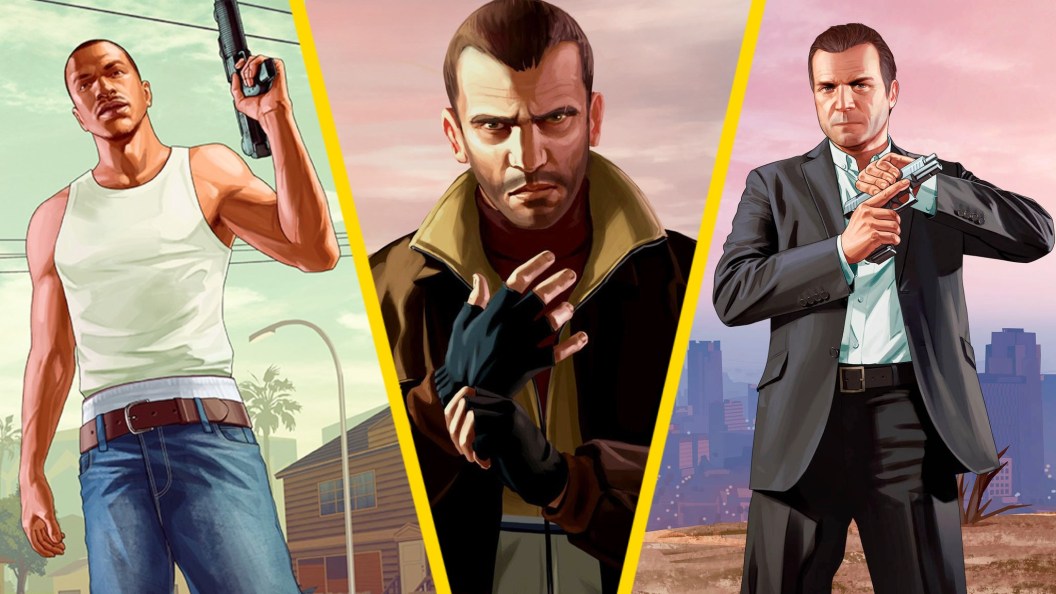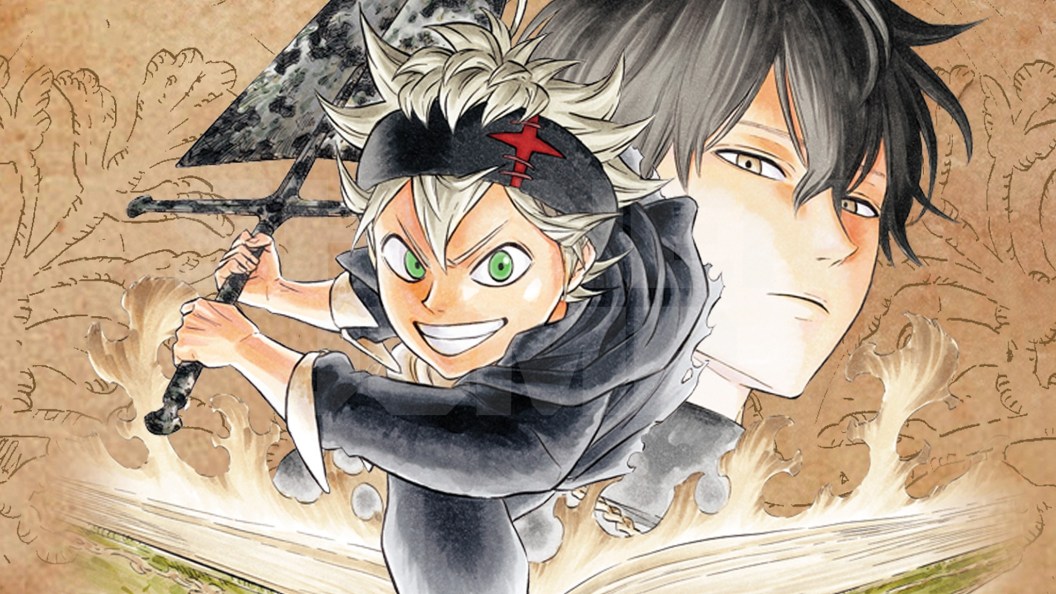Whatever your hopes and fears for Saturday’s elections, here’s the bad news: the worst has already happened. The firewall against the Australian far right has been overrun, through a combination of legacy media fecklessness and deliberate back-burning from the Liberals and Nationals. The Liberal/National decision to preference One Nation in both the Senate and the House of Representatives — and the failure of the media to call it out — has suddenly, shockingly, normalised what for almost 30 years has been an unacceptable fringe voice.
This past weekend lit up the change, showing just how easily the right can turn its nasty talking points into “news” that overwhelms our politics. It began with extremists booing the Welcome to Country at the Anzac Day dawn service early on Friday. The booing was publicly condemned, but the “yes, but.

..” chattering rumbled on through the edges of Facebook and X — including by One Nation leader Pauline Hanson — before being boosted onto the weekend’s usually politics-free sport pages on Friday night with reports that Melbourne Storm had cancelled the Welcome for its high-profile Anzac Day match.
By Sunday morning, news.com.au was promoting a “ staggering ” readers’ poll that showed 50,000 responses against the Welcome, before the Seven network used the leaders debate to amplify the attack on Indigenous culture into the centre of the campaign narrative.
It was Hanson redux for Seven: her appearance on Dancing with the Stars back in the twenty-naughts was central to her rehabilitation after the collapse of One Nation’s first iteration. The weekend news was saddening. It was ugly.
But it’s all part of the normalisation that is giving One Nation a boost in the polls — closing in on the pivotal 10%of the national vote. If those votes and preferences hold, One Nation would be expected to win Senate spots in multiple states and emerge as the leading voice on the right in a number of lower house seats. It will make the once untouchable party an essential partner for any future conservative government.
The media’s fetish of balance is already forcing One Nation into the inner rotation of talk shows and commentary, where their provocative calls can be guaranteed to be treated as “news” — such as Hanson’s extending her long run of Sky after dark commentary into a campaign-time appearance on the ABC’s 7.30 . The party’s candidates outside its regional Queensland heartland start to get talked about as just another part of the minor party mosaic, with a predictable softening of image, like the largely uncritical reporting ( and active puffing on Sky ) of Hanson’s daughter Lee heading the party ticket in Tasmania.
Once upon a time, the Liberal and National moderates (or even the hard-heads, as Mike Seccombe wrote in one of the few critical pieces in The Saturday Paper ) would have pushed back. This time around, the media’s go-to elder statesman of the moderates, Christopher Pyne (appearing on Thursdays with Bill Shorten as part of 7.30’s adoption of morning television’s Statler and Waldorf schtick), was happy to wave the preferencing decision off with an assurance that One Nation is a different party now.
Yes. It’s a different party. It’s far more dangerous.
It’s better organised, running in more seats, winning spots in state parliaments, driving more debate. It’s a regular on Sky and all over Facebook. But the preferencing decision — like the “concerns” over the Welcome to Country — tells us less about the presumed change in One Nation and more about the Dutton-era change in the Liberals and Nationals.
The conservatives are more openly right-wing, both in rhetoric and policies, and in its tactical choices. As recently as 2017, when the WA Libs preferenced a far weaker One Nation, the legacy media rang the alarm on the danger, reinforced when the Liberals lost by what was then a record margin. When the Liberals and Nationals voted for Hanson’s “It’s OK to be white” stunt in 2018, then prime minister Scott Morrison accepted the knuckle-rapping and, publicly at least, kept his distance from One Nation.
This time around, News Corp media has felt freed to be openly supportive of Hanson while the rest of the legacy media has ducked the challenge, bluffed into treating the preference decision as just savvy politics that trades off votes to the right for a reliable preference flow. We’ve seen this movie before, across the art houses that show European politics. In country after country across Europe, far-right neo-fascist parties have been kicked into relevance by the decisions of the traditional centre-right parties and the media to start taking them seriously.
Look at Italy, where Berlusconi’s insouciant welcoming of the small post-fascist movement into government. Now trading as Fratelli d’Italia, the hard right has overrun its traditional, more moderate partners. In Sweden, the Netherlands, Spain, Hungary, the hard right has become the dominant, or at least agenda-setting, component of right-wing coalitions.
In some countries, like Austria, the traditional centre right has been forced to pull back from collaboration, for the time being at least, while in the UK, the news media is counting the days until the traditional Conservatives accept the media-created reality that they kowtow to the political pundit of choice, Nigel Farage and his Reform Party. In France, the rise of Marine Le Pen’s Rassemblement National has split the traditional right-wing Republicans. While Macron’s centre was led reluctantly to a blocking Republican Front in last year’s elections, the president has tried to govern since with the silent consent of the hard right, rather than reach for the centre-left New Popular Front.
Only in Germany has the traditional right held the line on die Brandmaur against the Musk-backed Alternative für Deutschland, although — Howard-like — it’s been at the cost of pinching AfD policies even while fighting its candidates. This past weekend demonstrates we should expect another noticeable tick-up in the public demonstrations of racism — just like we’ve seen since the Voice vote , as the ABC’s Bridget Brennan reported with passion on Insiders on the weekend. Expect, too, Australia’s corporate institutions to cower (just like the American establishment ).
Not much comes more sports-washingly corporate than Storm: Launched as part of the News Corp empire out of its Super League arm, the privately owned company is now chaired and part-owned by “ gambling entrepreneur ” and News Corp ally Matt Tripp. As SBS almost alone reported , another director, Brett Ralph, “is a significant donor to Advance, a lobby group campaigning to end the [Welcome to Country]”. The Liberal embrace of the preference deal — like the media’s amplification of the attacks on Welcome to Country — seems shockingly sudden.
But it’s been a long time building, and it’s already made our politics — and our political media — much, much worse. Are you surprised to see the Liberals preferencing One Nation? We want to hear from you. Write to us at letters@crikey.
com.au to be published in Crikey . Please include your full name.
We reserve the right to edit for length and clarity..
Entertainment

Dutton’s One Nation preference swap a new low aided by a feckless media

The decision — like the 'concerns' over Welcomes to Country — tells us less about the presumed change in One Nation and more about the Dutton-era change in the Coalition.The post Dutton’s One Nation preference swap a new low aided by a feckless media appeared first on Crikey.








